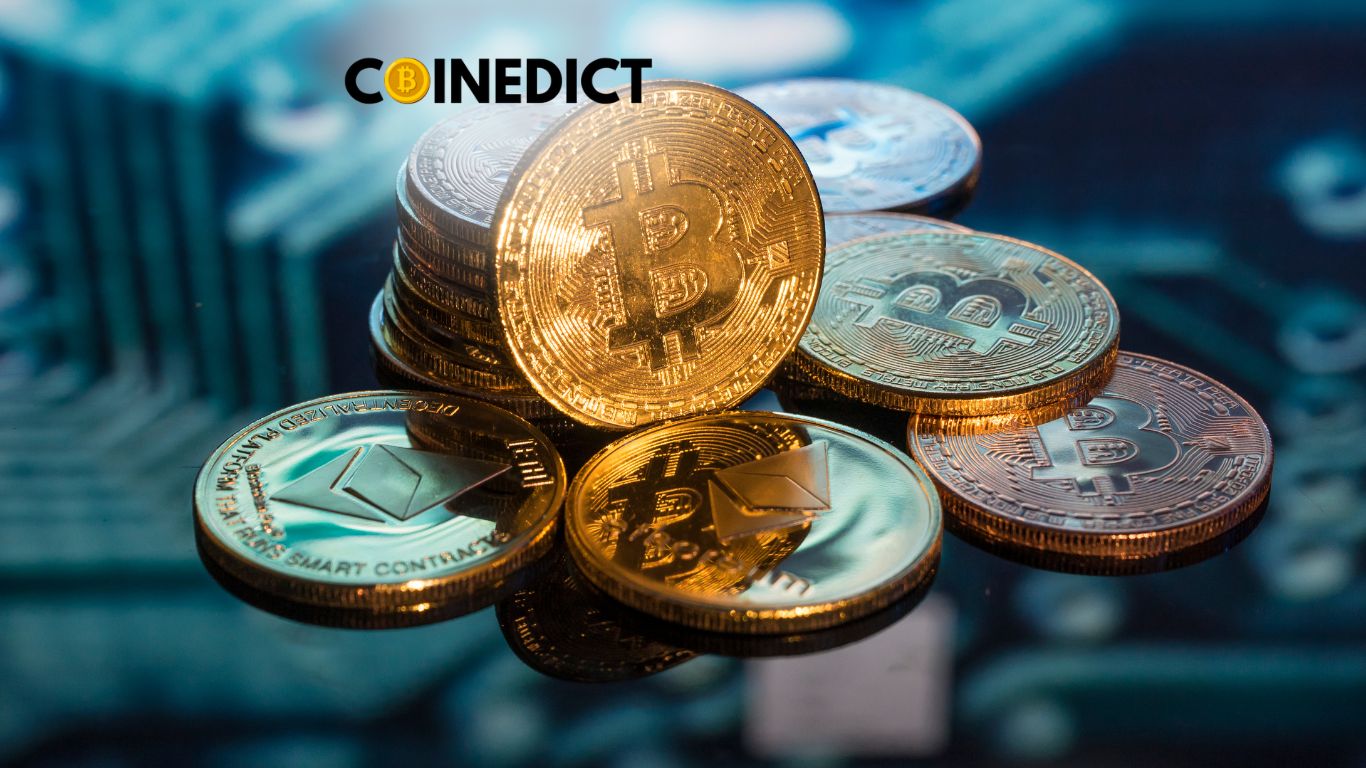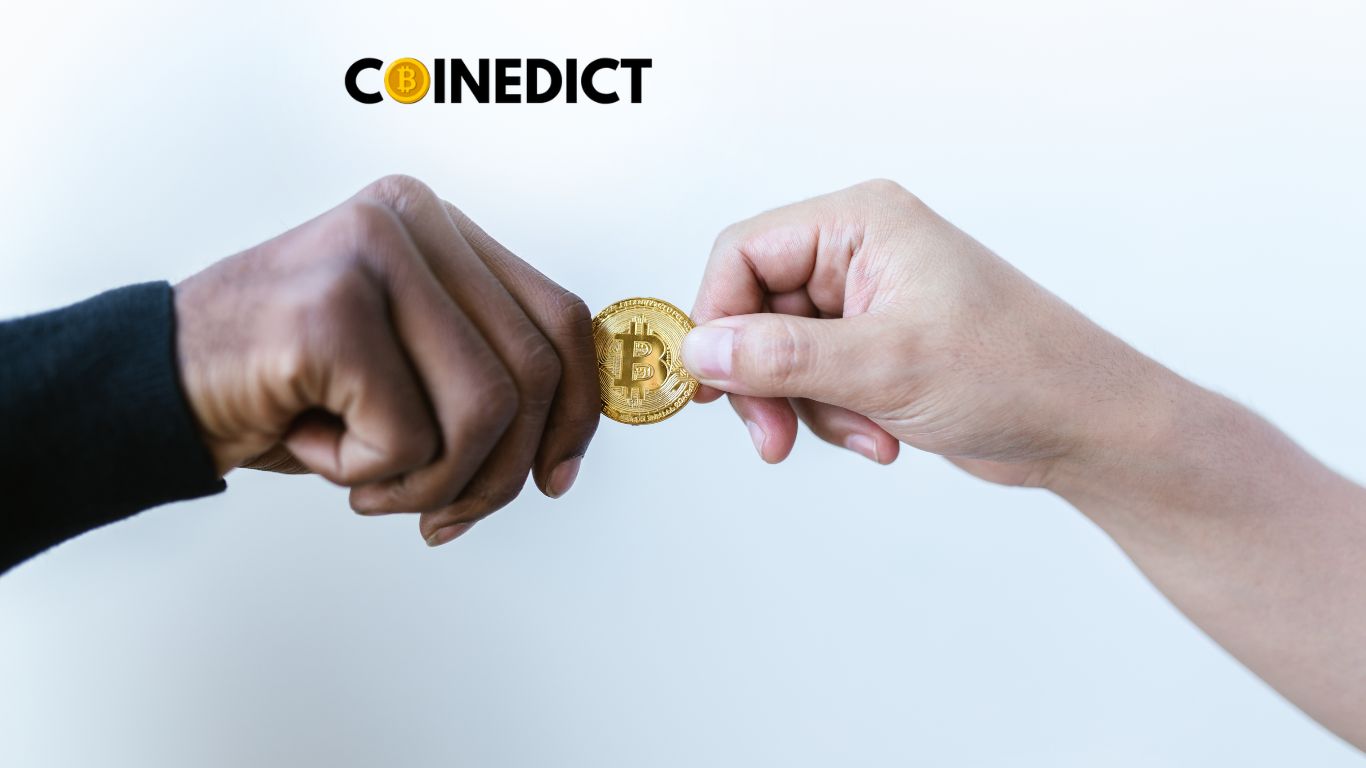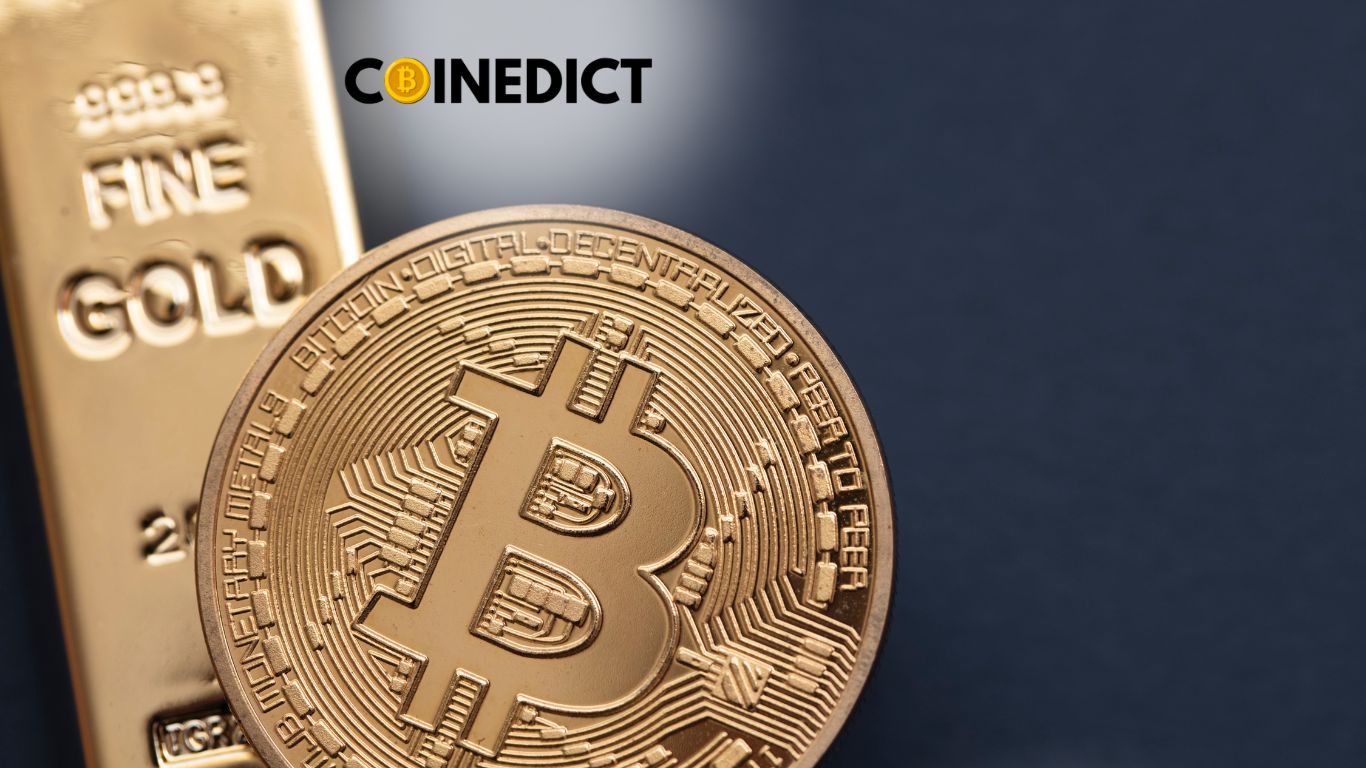The National Bank of Cambodia (NBC) has rolled out its first comprehensive set of digital asset regulations, targeting banks and payment service providers. These rules clarify how institutions can interact with tokenized assets and stablecoins while maintaining a cautious stance toward cryptocurrencies. The move has sparked speculation about whether Cambodia is easing its crypto restrictions.
Breaking Down the Rules
The NBC’s guidelines distinguish between two types of activities:
- Direct Exposure: Banks are allowed limited exposure to tokenized assets and certain qualifying stablecoins but are prohibited from holding cryptocurrencies for their own purposes.
- Client Services: While the rules restrict direct engagement with cryptocurrencies, banks may be allowed to provide crypto-related services to clients, such as custody, on-and-off ramping, and trading, provided they have central bank approval.
These distinctions hint at a more nuanced stance than the outright ban on cryptocurrencies reported by local media. The rules suggest that approved institutions can act as Crypto Asset Service Providers (CASPs) under strict regulatory oversight.
Categorizing Assets
The NBC classifies digital assets into two groups:
- Group 1: Tokenized securities and stablecoins deemed less risky. Exposure is capped at 5% of a bank’s capital or 3% after hedging.
- Group 2: Cryptocurrencies, considered riskier, with restrictions on direct exposure.
What’s Off the Table?
While the rules open certain doors, the NBC imposes clear limitations:
- Banks and CASPs cannot use client assets for their own purposes.
- Lending services involving cryptocurrencies are prohibited.
- CASPs cannot promote or advertise specific cryptocurrencies.
Additionally, there’s ambiguity surrounding stablecoin payments. CASPs are restricted from enabling crypto assets to be used for goods and services, but it’s unclear whether this applies solely to domestic payments.
The Role of Bakong
Cambodia’s blockchain-based payment system, Bakong, has been central to the country’s financial ecosystem since its launch in 2020. Widely described as a tokenized deposit system rather than a central bank digital currency (CBDC), Bakong has gained significant traction domestically and regionally. Allowing stablecoins for payments could detract from Bakong’s success, although plans to integrate stablecoins into the platform for international payments are reportedly still in motion.
A Step Toward Global Standards
The NBC’s regulations align with international frameworks like those from the Basel Committee, signaling Cambodia’s intent to align with global norms while balancing innovation and risk.
The Bigger Picture
Cambodia’s new rules represent a cautious yet progressive step toward integrating digital assets into its financial system. While the outright ban on cryptocurrencies for banks remains, the possibility of offering crypto-related client services marks a subtle shift. For now, the focus seems to be on fostering innovation within a controlled environment, ensuring that the country’s financial stability remains intact.
As Cambodia finds its footing in the digital asset space, these regulations could pave the way for broader adoption while preserving the success of its pioneering Bakong system. Whether this marks the beginning of a more crypto-friendly era for Cambodia remains to be seen.











